In Part 1 of our balance series, Octos talked about golf, quizzes, and motorcycles as ways to recharge. In this second part, the focus shifts to discipline, joy, and creativity. From CrossFit mornings and family support to dogs, drag, and cooking with philosophy, our teammates show that balance isn’t one-size-fits-all — it’s whatever keeps us energized and true to ourselves.
Balance isn’t only about hobbies — it’s also about energy, resilience, and curiosity. Glenn finds his balance in ways that range from night beaches to early-morning CrossFit sessions.
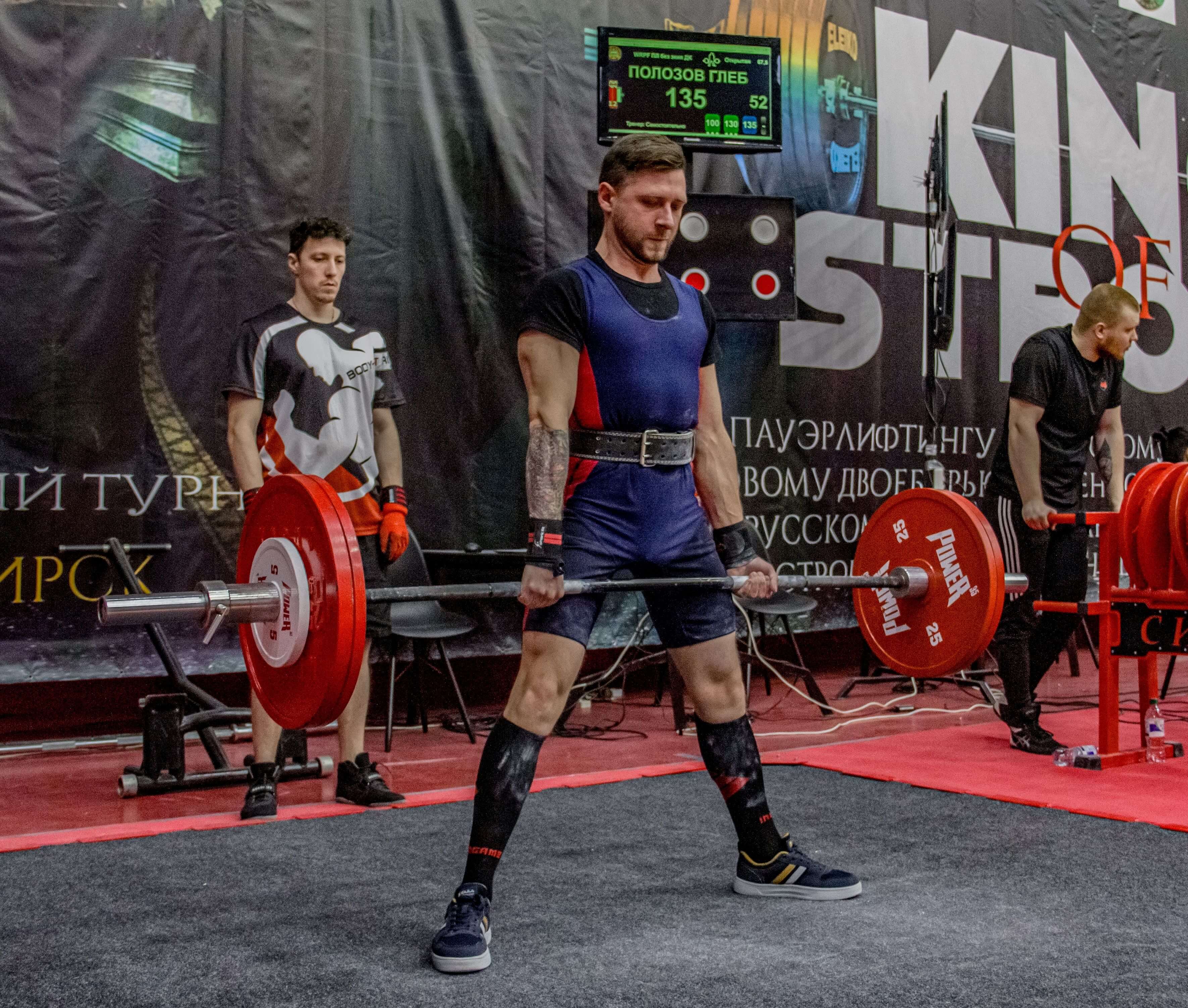
There are several places for me — and boy, do they differ! The easiest one is diving into virtual worlds. There’s nothing more accessible and mind-clearing than a good computer game or a captivating book. As a bit of a geek, this is my first choice after a long working day. Unfortunately, the downside is that it’s getting harder and harder to find a truly engaging book or game.
Then, if possible, I’ll head to a quiet place like the beach at night. Just sitting under the stars and listening to the waves feels like full-on therapy.
I know we’re talking about sports today, but for me, sports are more about energizing and motivating myself. That said, intense activity also leaves no space for extra thoughts.
Oh, it definitely requires discipline and consistency. For me, that discipline mostly comes from early mornings. I’m naturally a night owl, but I can’t work out after office hours — especially not CrossFit. It took me a few months to get used to early wake-ups, but now I can’t imagine several mornings a week without high-intensity training.
CrossFit constantly pushes you beyond what you thought were your limits — and then you realize those limits were just illusions. Sometimes you need to be both the whip and the reward for yourself, so I’ve learned how to balance motivating and treating myself.
Since CrossFit is largely interval training, you can’t just rush forward without proper rest. The same applies to work. The main lesson I’ve learned is: you never quit. You can slow down, stop to catch your breath, feel weak, or question your progress — but you never give up.
Haha, it’s not difficult at all! There’s nothing more rewarding than supporting someone who genuinely enjoys what they’re doing. My son is a tireless little devil, and watching him run, overtaking others with his eyes shining with energy — that’s not something to balance, it’s pure joy and a real gift.
The same goes for my team — they’re passionate about their work and never shy away from a challenge, striving to become a better version of themselves every day.
Our job requires constant learning. Seeing each of us grow more professional and experienced, achieving more and doing better — that’s a natural reward in itself.
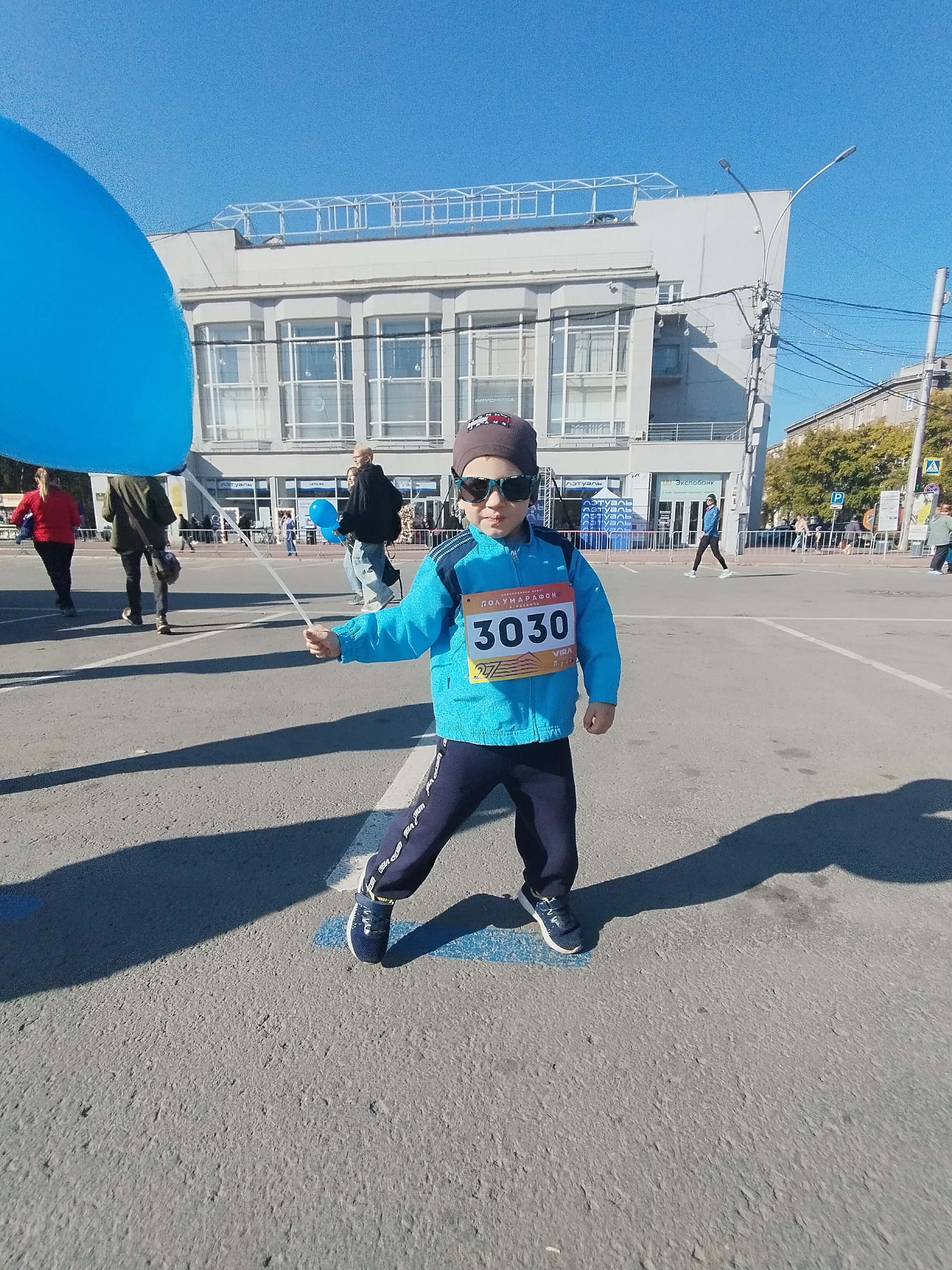
I’d say any relationship is about learning each other’s language. The better you understand it, the more productive the relationship becomes. This applies to both personal and professional life. Each of us has our own “language” of sorts — we express emotions differently, and what sounds like frustration to one person can be motivating to another.
It’s a two-sided process: you need to express your thoughts in the clearest way possible, while also listening carefully and trying to understand as much as you can.
For me, it’s less about curiosity and more about a deep urge to grasp objective reality — so nobody is left unheard or misunderstood.
While Glenn finds discipline in CrossFit and joy in supporting his son, Bea brings her own energy into every sales call — sometimes even channeling Rihanna.
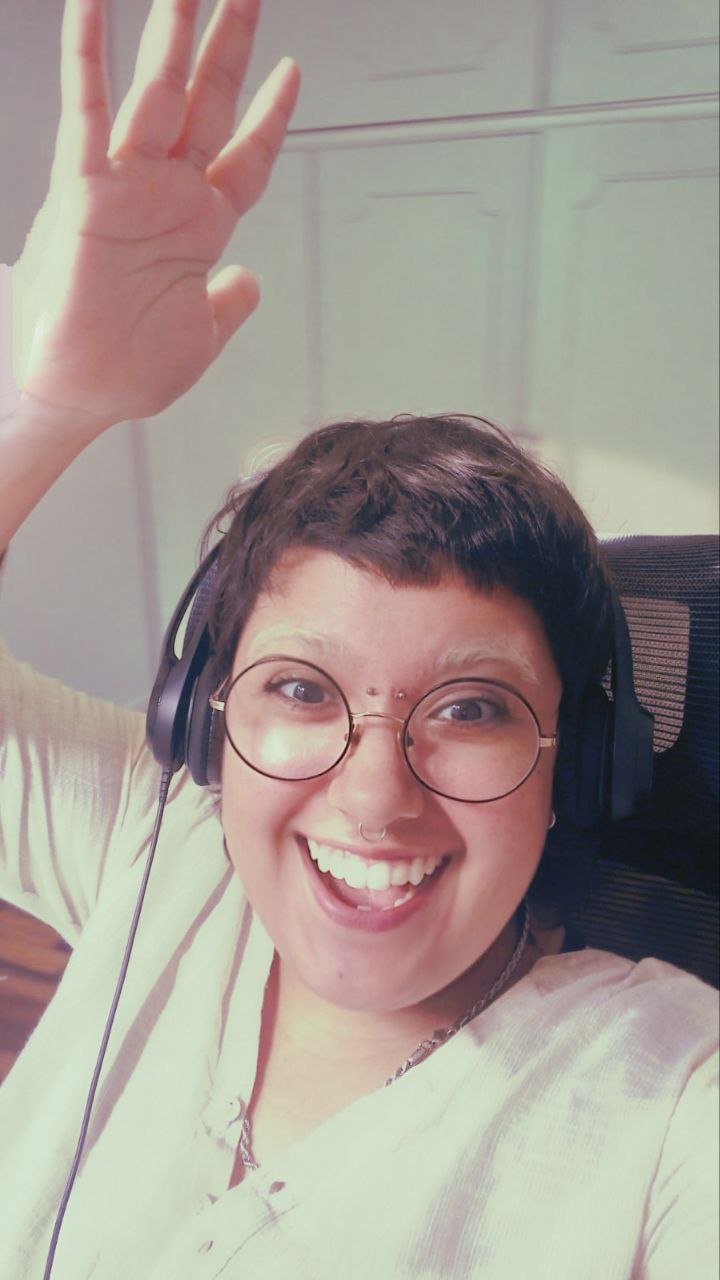
For me, balance is less about achieving a perfect formula and more about how I allocate my energy across the different parts of my life. Of course, I rely on the people I love — they’re the ones who keep me motivated when it’s hard to carry everything on my own. But balance also means being intentional about where I place my focus: working efficiently during my hours, taking care of my physical and mental well-being, and showing up for the people around me.
It wasn’t always this way. During the pandemic, everything felt like chaos — we didn’t have many choices, so balance wasn’t even on the table. But over time, I’ve learned to be more deliberate. Now, I see balance as making space for my priorities and moving closer to the bigger goal of helping transform lives less privileged than mine.
So if I’m surrounded by loved ones who push me forward, if I’m taking care of myself, and if my work connects to that deeper purpose — then I know I’m on the right track.
For me, it all comes down to joy. I really believe a smile can transform someone’s day — it gives people a momentary escape from the stress and noise of life and opens the door to possibility. That’s what I loved most about stepping into Rihanna at Octo’s talking club: it wasn’t just about the performance, it was about sparking that little spark of happiness and connection in others.
I’ve always been fascinated by theatre, drag, and other art forms that allow you to step outside yourself. When I take on a character, it’s not only fun, it’s also an empathy exercise — you’re literally trying to see the world through someone else’s lens. That combination of giving joy to others while also practicing empathy at a deeper level is what makes it so meaningful to me. Especially today, when it’s easy for everyone to live in their own bubble, moments like these help us bridge gaps and connect more genuinely.
Animals are incredible in how much they can change our lives. My dog was rescued from a drug trafficker’s house when she was less than two months old — malnourished, beaten, and terrified. When she first came home, she was this tiny, fragile creature, but over time she’s transformed into a little hurricane of joy and energy.
Whenever I’m stressed or weighed down by my own thoughts, Circe somehow senses it. She’ll come running over with her toy, insisting I play with her — and just like that, my focus shifts. She reminds me daily of joy, resilience, and unconditional love.
I also have other animals I adore — shout-out to Duque, Xena, and Yarilo — but this little one has been especially life-changing. I don’t think it’s just one moment; it’s every day. She brings levity, laughter, and balance into my routine, whether it’s through play, walks, or simply her presence. And in caring for her, I’m reminded of the importance of love and care in my own life.

That’s definitely not an easy task. For me, it starts with empathy and curiosity. If I approach each interaction with an open mindset — wanting to learn more about the other person, their culture, and how they express themselves — it helps me bridge gaps and avoid unnecessary friction.
For example, as a Brazilian, I naturally bring a lot of energy into conversations, but I also know that we often avoid direct confrontation. In contrast, some cultures are very straightforward and say things bluntly. If I weren’t aware of these differences, I might take offense or misinterpret the tone. But by recognizing cultural nuances, I can adjust how I listen and how I respond, which keeps the dialogue respectful and productive.
Of course, there are non-negotiables — basic human decency and respect. If someone is rude, I’ll either politely redirect or pause and re-approach later. That way, I protect my own boundaries while still leaving space for connection.
As for staying energized, a big part of it comes from who I am — I truly enjoy bringing joy and lightness to others. Leaning into that part of my personality not only helps me maintain my own energy but also creates a more positive dynamic with clients across time zones and cultures.
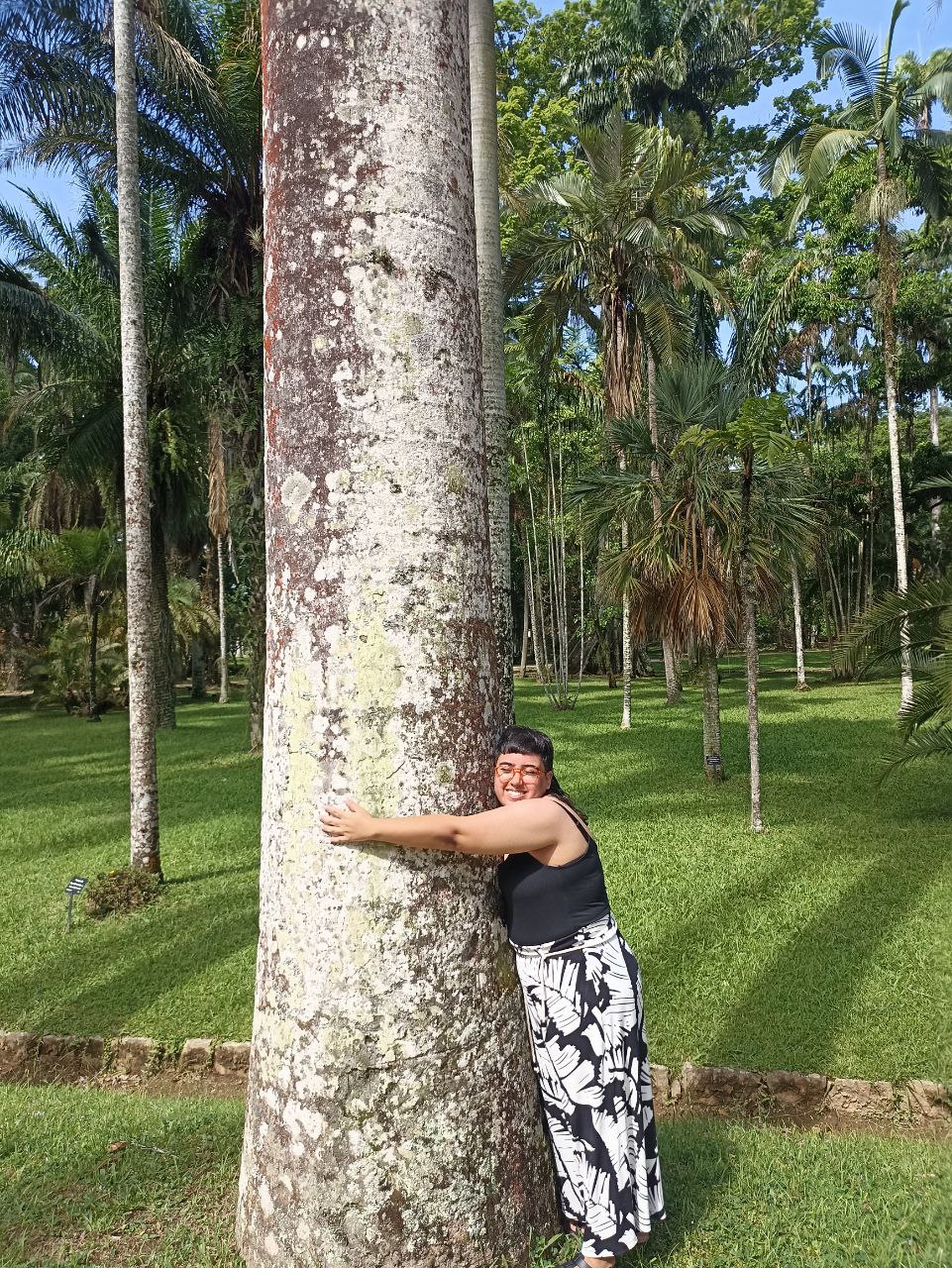
From joy and empathy, we move to creativity and philosophy. For Maria, balance is served not just on a plate, but in the way she crafts ideas and stories.
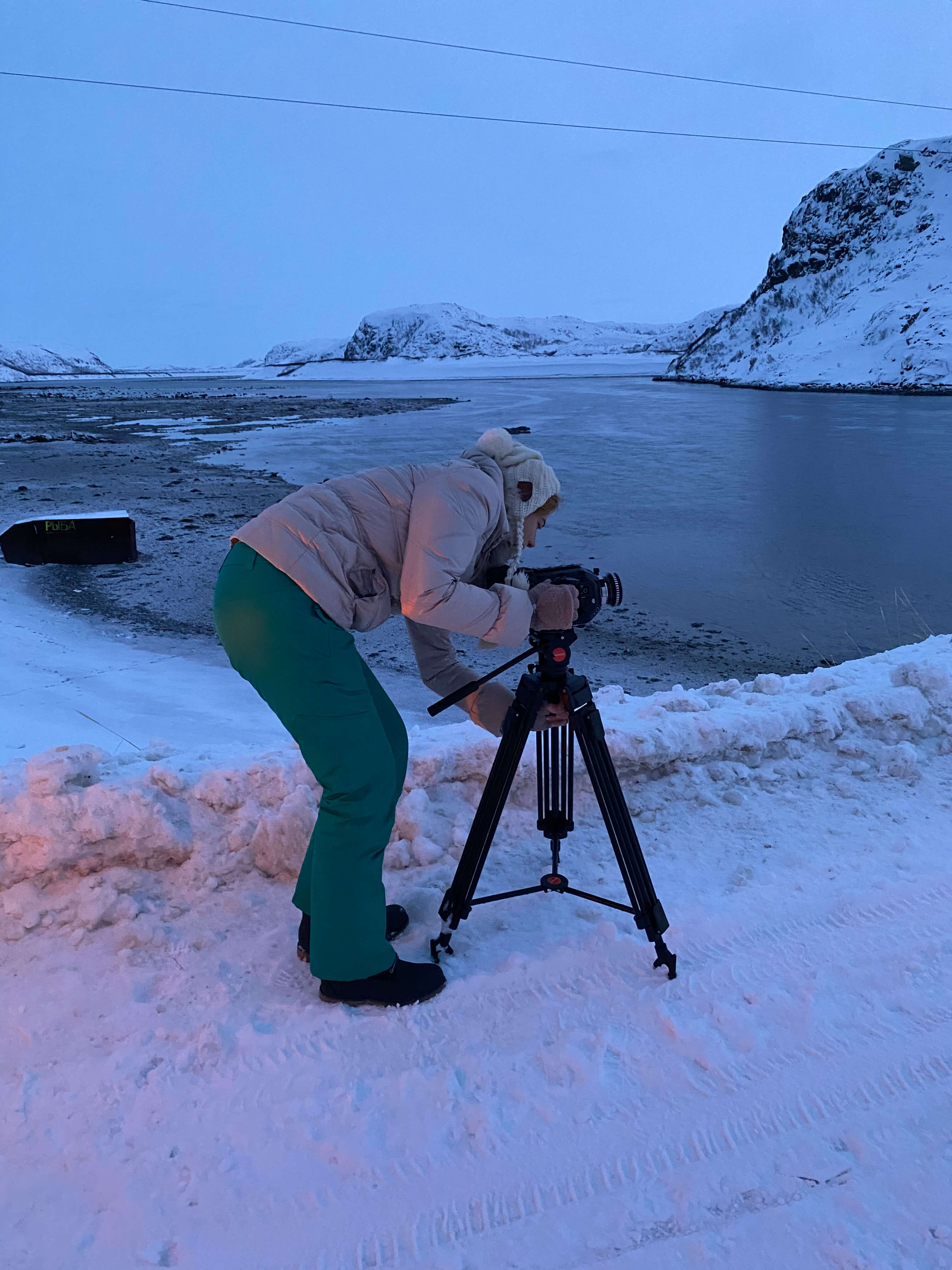
Home-cooked meals are the reason why I actually prefer remote learning and work.
Frankly, I hated my high school, like many teenagers. After traumatizing classwork, mountains of assigned homework (that had to be handwritten, my dear American readers!), and ignorance of your knowledge gaps, you would want to replenish your stamina. For around a thousand people, we had one 3x2m canteen counter where a single cook sold us snacks. Kids from 1st to 11th grade would pile around it and try to shove cash as loudly and as closely to the cook’s face as possible. Each break was a Hunger Game in Dante's hell. Instead of resting your brain, you may have spent 25 minutes there to buy... nothing.
We did not have free drinking water in our school either — dehydration was something you had to cope with.
The university canteen felt forced, overpriced, oversalted, yet bland at the same time. The highlight of my day was grocery shopping and cooking with classmates. During the pandemic, I realized that food still tastes great alone. I never experienced major erasure between work and personal space, because eating and cooking are sacred processes. Physical loneliness led me to greater mindfulness: I explored a deeper flavor, refined my techniques, and became more aware of my own needs.
Since 2022, I’ve been living with my mom. My “selfish” cooking turned into gratitude: spending quality time during breakfast, lunch, and dinner restores and gives me reason to keep going. And what else do we need if not a reason to live?

I sync my work with my studies; otherwise, I would go crazy.
During my Master's program, I became increasingly drawn to crisis comm, politics, and audience perception as opposed to my career in children's literature and BA in applied film. The goal transformed to becoming a university professor and building a career in international affairs because what speaks politics more than marketing? Proctoring is a stigmatized sector; hence, changing that socially constructed perception resonates well with what I have already accomplished during my MA and what I pursue during my PhD. Speaking for the company helps me master balancing different viewpoints that Maria, as a human, could have been very opinionated about.
I am actually a huge fan of philosophy and theorizing. Wrobel critiqued Foucault's unjust reading of Freud in 2010, comparing it to the ones of Plato by Nietzsche, Nietzsche by Heidegger, and Heidegger by Derrida, etc. Contemporary Aristotelianism is hypothetically built on a chain of misreadings! The key to impressive communication is to let go of what is conventional. Instead of speaking only with B2B personas, open to B2C, B2C2A. Instead of viewing cheating as a here-and-now problem, dig deeper into psychiatry and rehabilitate the root. Instead of being comfortable to prospective and existing clients be the change that you will not regret later. I myself heal in a way by working at OctoProctor.
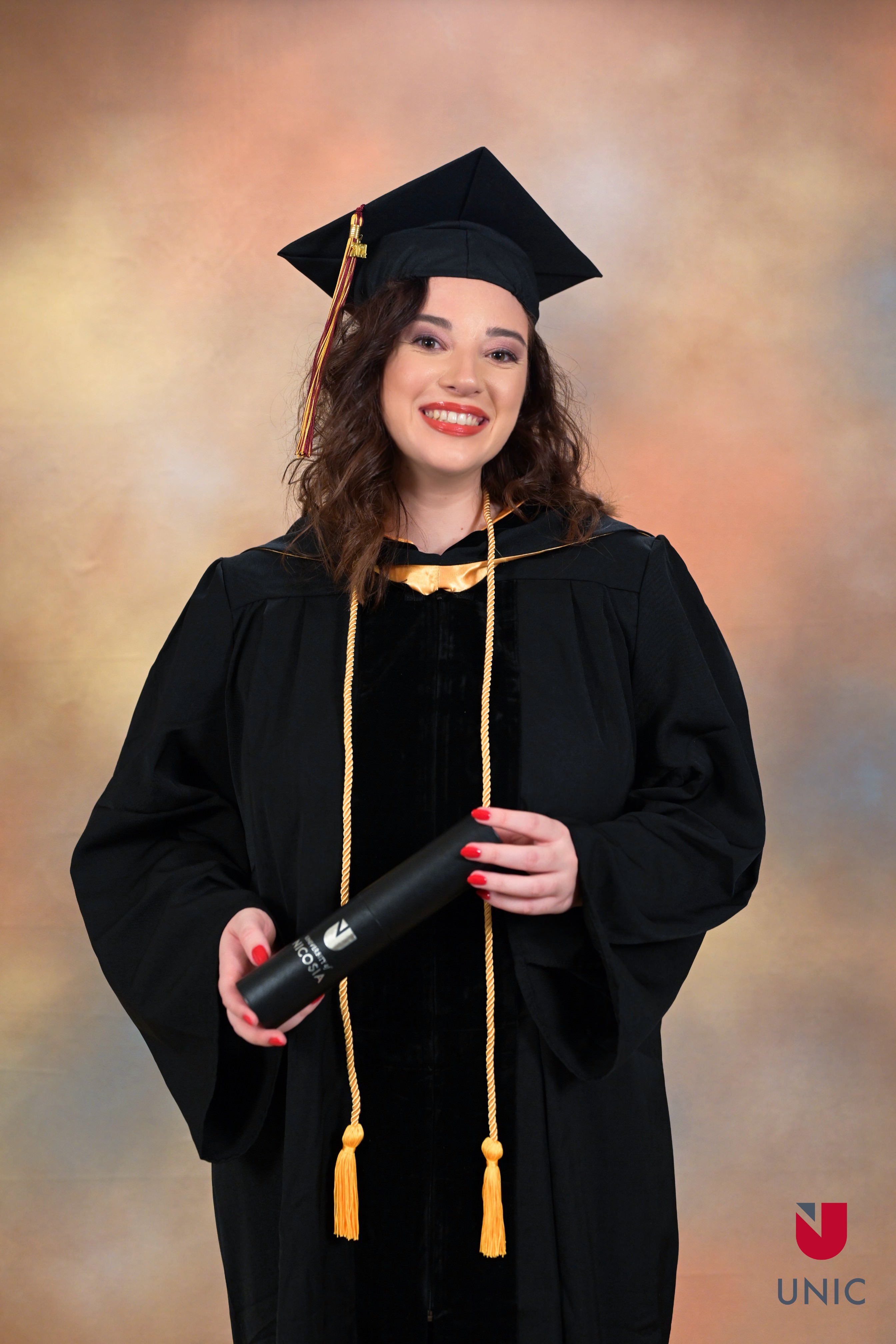
I don't buy or add ingredients without a purpose. Yeah, I can buy a sheet of edible gold, but what for? If it does not offer practical health or flavor benefits, I am not using the ingredient for vanity; the same applies to communicating a great idea.
The idea is great if I can fully understand and justify it to myself. Then we need to consider who we are consuming the idea with – their background, potential knowledge gaps, temperament, and our relationship. What I like about Octo is that we have a reasonably small marketing department that is aligned well enough for us not to lose our marbles. Because of decentralization, we don't need to play bureaucracy, have enough creative freedom, and can comfortably disagree with each other. Akin to a well-staffed kitchen, we all have our processes, yet can step in to help without messing up others' domains. That makes splitting the idea into an actionable recipe much easier :)
From Glenn’s discipline to Bea’s joy and Maria’s philosophy, balance at OctoProctor is as diverse as the people who make up our team. Together, these stories remind us that balance isn’t about perfection — it’s about finding the passions and perspectives that help us thrive. And while this two-part series comes to an end, the ways we learn from each other (and ourselves) continue every day.
